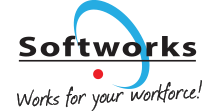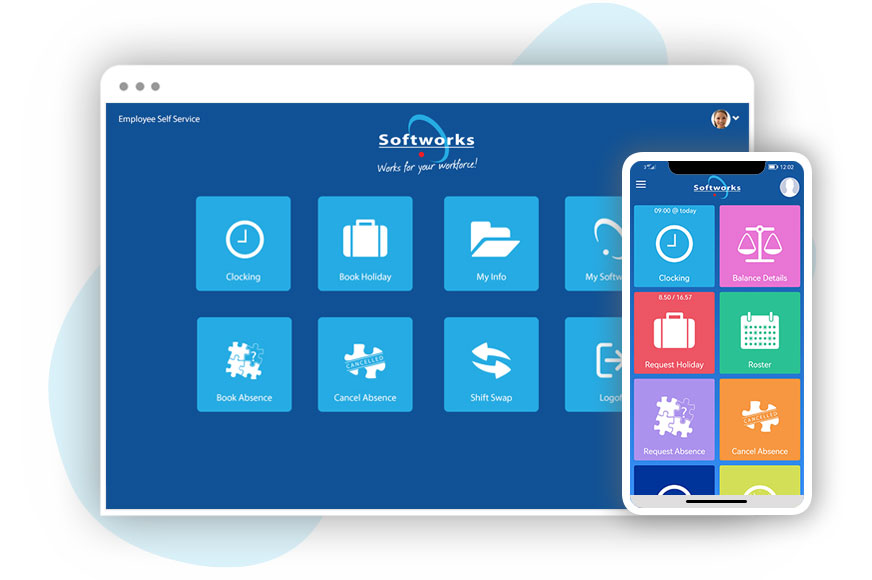In an article published on HR.com, our CMO Mairead Walsh discusses how employee scheduling can have a positive or negative effect on employee engagement and experience.
Industries such as healthcare, retail, manufacturing, hospitality, services, and areas within the public sector require variable shifts and times, and a poorly managed scheduling system can lead to a bad employee experience, job dissatisfaction, and low engagement.
Employee engagement is crucial to the success of any organization. Engaged employees are more productive, committed to their organization, and contribute to higher morale, loyalty, and job satisfaction. On the other hand, disengaged employees may put in minimal effort, are disruptive, waste time, and produce substandard work.
According to a Gallup Poll, “quiet quitters” make up at least 50% of the U.S. workforce. These employees do the minimum requirements of their job and put in no more time, effort, or enthusiasm than necessary. Furthermore, Gallup found that U.S. employee engagement has taken a step backwards during the second quarter of 2022, with a decline in engagement and employee satisfaction among remote Gen Z and younger millennials.
Improved employee scheduling can create a better employee experience at work. A good scheduling and workforce management system enables administrators to standardize policies for fairness and equity, empower employees with more flexible scheduling, encourage employee self-service, and manage and reduce absenteeism.
Standardizing rules and policies promote a sense of equity and fairness, while more flexible working has been proven to increase employee engagement, job satisfaction, and retention. Employee self-service solutions enable employees to enter their own schedule preferences, requests, and time off, giving them greater control over their working lives.
Mairead concludes that employee scheduling should be managed as part of a wider strategy for employee engagement and experience. By doing so, organizations can expect to see increased productivity and efficiency, improved morale, loyalty, and job satisfaction, increased employee well-being, reduced absenteeism, and enhanced customer service and experience.
To read the full article and learn more about how employee scheduling can affect employee engagement and experience, visit HR.com.
Interested in knowing more about employee scheduling? Visit our Blog!








